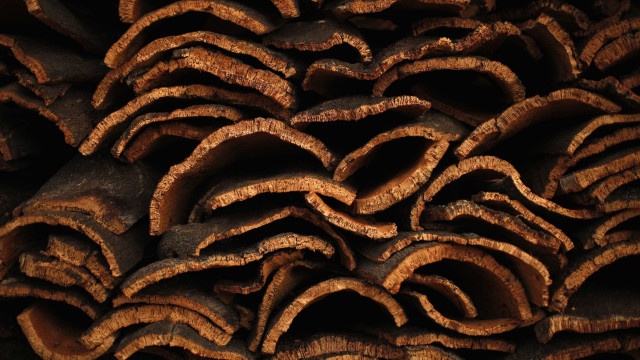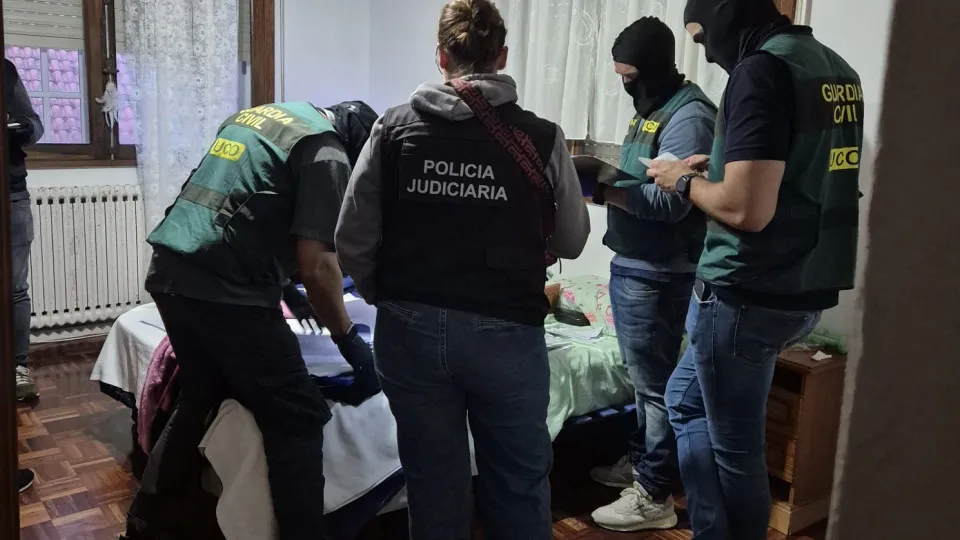The Companhia das Lezírias, Portugal’s largest agricultural enterprise, focuses on the harvest of cork, one of the nation’s greatest natural treasures, during the summer. Skilled workers equipped with sharp axes and trained eyes carefully strip bark from cork oaks, revealing the orange interior, and ensuring no damage is done to the living wood.
Together with precision, Eduardo Oliveira e Sousa, Chairman of the Board of Companhia das Lezírias, warns, “If you hit the tree’s wood and cause a wound, that wound can allow fungi to enter and even lead to the tree’s death.” Workers, known as “molheiros,” quickly gather and bundle the cork, transporting it to storage by tractor.
The work is demanding and delicate, entailing significant risk. Despite the daily sharpening of their axes, a slip could be lethal. Thankfully, this year has seen no accidents, reports the former president of the Confederation of Portuguese Farmers (CAP).
Among those leading this harvest effort is Hélder Fortio, who draws from 34 years of experience in cork extraction. Learning from his father, he now leads a team of 30 Portuguese workers accustomed to the demands of field work.
Fortio emphasizes, “We are a forestry company, working year-round: cleaning, pruning, cutting trees. But cork is our core.” He acknowledges the work’s physical demands but praises the salary, which can double or triple the minimum wage, admitting “not everyone handles it.”
On the final day of the harvest, Fortio brought his son to learn, as did his brother, though he recognizes this as an exception. “When this generation ends, I’m not sure what will happen,” he confesses, citing an aging workforce and a lack of interest among younger people as major sector issues.
Oliveira e Sousa notes the challenge of attracting young workers, even though daily earnings can reach 100 to 115 euros. Some campaigns attract agronomy students who forgo the beach for the fields during summer.

The Companhia das Lezírias, as one of the nation’s largest operations, harvested 52,000 arrobas (780 tons) of cork, facing challenges such as declining prices and an aging skilled workforce.
Spanning a vast and diverse territory between the Tejo and Sorraia rivers, the Companhia’s land is divided into Lezíria Norte and Lezíria Sul by the EN10 road. Lezíria Norte’s 1,300 hectares are leased out, while in Lezíria Sul, 2,200 of nearly 5,000 hectares are directly managed, focusing on pastures and rice fields.
Besides cork, the Companhia also cultivates rice in several areas, covering about 1,500 hectares, along with maize, vineyards, and olive groves over more than 11,000 hectares in Charneca do Infantado and Pauis.
The high value of cork makes it vulnerable to theft, a significant problem affecting production and worker morale. Eduardo Oliveira e Sousa describes theft as a drama that demotivates and devalues efforts.
Unskilled extraction can harm the trees. For Companhia das Lezírias, constant vigilance is necessary due to the property’s size. “We have a security company that conducts night patrols,” Oliveira e Sousa explains, acknowledging the hefty expense but deeming it essential.
He advocates for a strong state response to such crimes, noting that few can afford continuous 24-hour security.
Eduardo Oliveira e Sousa, with deep forest knowledge, comes from a family of growers and pursued agronomy studies. Traditional practices, he believes, are key to rural preservation.
He observes, “Fifty years ago, a rural worker’s child would follow the same path. Today, they can become doctors, engineers, or even a prime minister,” appreciating this freedom but concerned about declining manpower.
He emphasizes human presence in certain tasks mandatory, dismissing the replacement of manual skill by machines or AI. Valuing the product is crucial, be it tangible items like cork, pine cones, and timber, or intangibles like carbon fixing and biodiversity preservation. Such recognition ensures continued interest in rural work, forest maintenance, and cork craft preservation.




